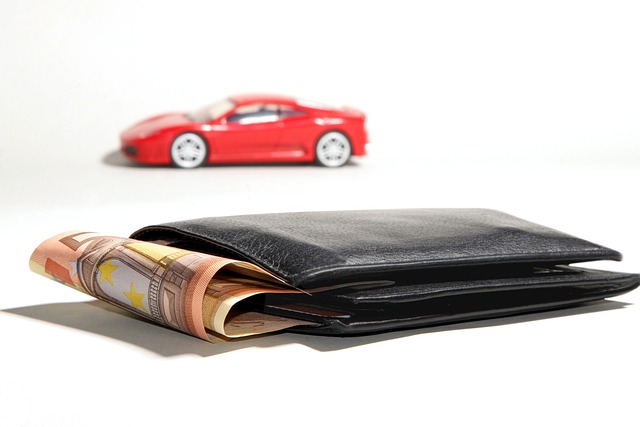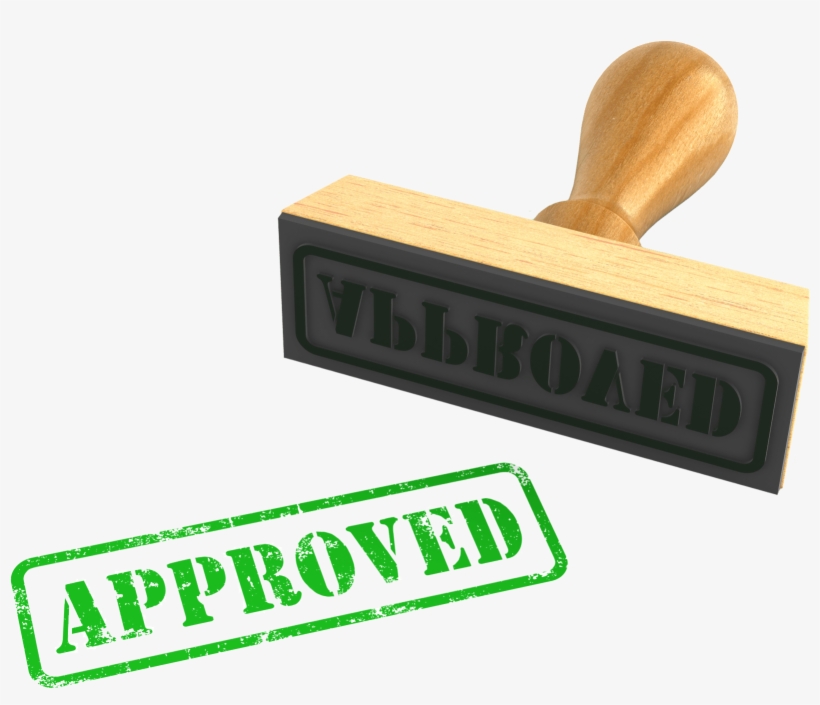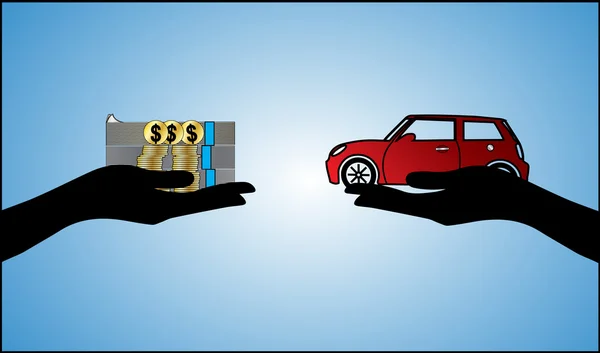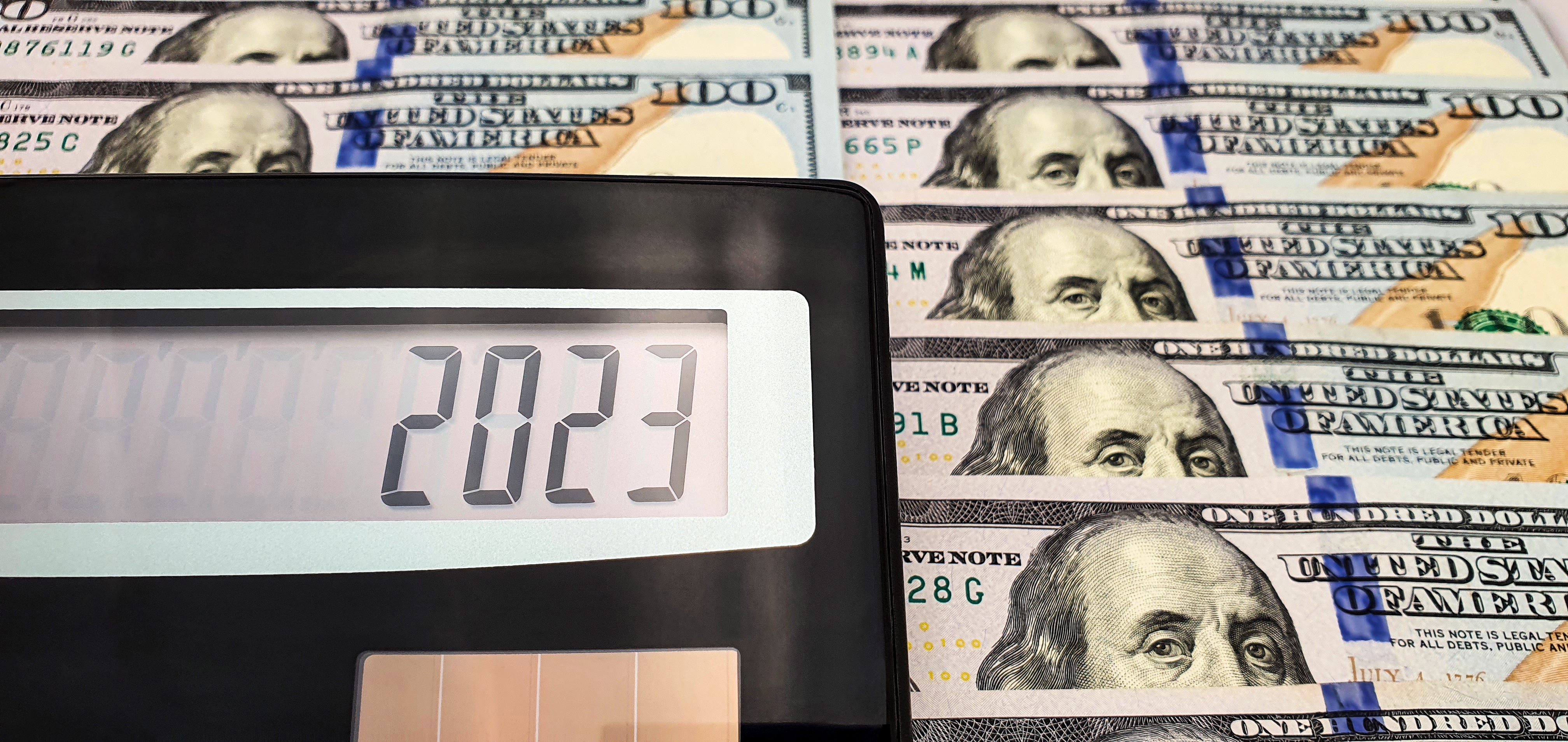
What's the state of your current auto loan?
When you shop consider what your objective should be: Is it worth reducing the current monthly payment amount? Are you interested in lowering rates at your bank? Remember that the longer the loan is the longer it takes to repay it, the cheaper it costs to repay your loan, and it also saves you money if shorted.
If you currently have high interest rates on car loans that have low interest rates, you should consider refinancing them. Interest rates are currently near their lowest point and you might qualify to get better rates. A borrower who improved his credit rating in a short time will be entitled to a higher rate. In some situations, if bankruptcy isn't on your credit report, your credit rating could go up. Usually, you can refinance with co-signers or other co-borrowers and receive higher rates if you are the sole lender.
You can get a better rate

If your credit card is outstanding or your interest rates are high, you have more options. Compared with other loan types, low interest rates help to reduce your repayment costs during the life of the loan. If a lender is offering more money to borrowers with positive equity it might give them less money owing than the vehicle's value.
When refinancing a car, the credit card is used for payment of the balance in a new car. Perhaps your credit has increased and you can get less interest rates or your finances are improving and you want someone to sign off your original mortgage loan. Refinancing your current loan will allow you to get better conditions and rates to match your current financial situation and plan. Find out how refinancing is possible. Although refinancing is often useful, this isn't one-size-fits-all.
Review your current loan
Usually if the borrower needs refining he can get the loan for between $1,000 and $5,000 if they are not satisfied. Check if the payment amount can be paid directly from your current lender. You must choose an average loan term of 3-6 years. You could refinance the existing loan for a full year. If you just finished your current mortgage it might be cheaper. If you're refinancing a loan you need to find a different loan option from the one you originally had.
Why Refinance Your Car Loan?

Generally, car buyers refinance car loans so that their monthly payments are less. If you refinance your vehicle loan at a lower interest rate or rates, this will potentially save you hundreds if not thousands in interest. You might have a lower monthly payment that gives you more money for other loan payments.
A lower payment decreases your debt-to-income rate, which is calculated by dividing your monthly payment by your daily gross income. If you want to apply for a mortgage sometime soon, it may be worth getting a lower rate of interest. Refinancing is necessary to get better interest on the loan.
Has your credit improved?

During a refinance period, your debts will be lowered. Depending on the rate you get, it may seem hard to qualify for a low interest rate. If your credit score is unclear, it may be worth checking it out to see your credit history. A credit report check can help you identify any faulty data and resolve any problems.
Is your loan balance higher than the value of your vehicle?

When the outstanding amount on a car loan is greater than the current value of the vehicle, this situation is often referred to as being "underwater" or "upside down" on the loan. This can occur when a vehicle depreciates faster than the loan is paid off, often the case with new cars which can lose a significant portion of their value in the first few years of ownership.
Compare Offers

It's best that you shop around and check out various loan options. Depending upon what lenders are allowing you to get prequalified and provide a detailed interest rates report they are not. When you send multiple auto loan applications within one week, FICO typically combines them into one individual application in a way that helps determine your credit rating. Compare existing auto loan offers between several lenders to find interest rates and other features of interest which matter to you.
How old is your car?

The lender can limit how many car loan borrowers can refinance. In some cases, the lenders won't allow a refinancing on a vehicle that is over eight years old.
Check for fees
Check your credit card fees. Many lending and financial institutions charge prepayment penalties, which increase the costs of financing. It's essential to ensure your interest savings exceed the interest and prepayment penalty owed to you. The fact that you're going to be paying the loan amount for your first payment will mean your repaid loans will cost you $200 to refinance.
Check your credit score

Credit score is an important factor in determining whether a loan will be refinancing. When you pay back your credit card debt on time or make regular on-time payments you could increase your credit score. Lenders with good credit can see you as being less risky but offer a better rate for you.
Check the credit score if possible. This will guide you in your search of lenders who can be matched by your criteria. Even if you have bad credit, you can obtain a better refinance if you find the right lender.
Do You need a lower monthly payment?
You can reduce the monthly payments if you refinance your car loan, this reduces annual percentage rate of your monthly payments. Extending the term of the debt may reduce the monthly payments. If refinancing your automobile will save you money, then this is likely your best option.
Gather the Necessary Documents for a Loan Application
After your submission of the application, your lender will need your vehicle identification number and documentation. Getting the right information prior to making a loan can be very effective and efficient. Documents required to share: Vehicle Identification Numbers are usually needed to determine the vehicle's value.
Does refinancing your car hurt your credit?
Applying for any automobile loan requires a credit check. When auto lenders make a tough credit check on your credit report, your score could drop temporarily or even disappear entirely from your credit reports. Nevertheless, it may be less severe than expected but its effect could be brief.
Evidence of auto insurance

If you are refinancing a vehicle, the lender may ask for proof of auto insurance. Auto insurance provides financial protection in case of accidents, theft, or damage to the vehicle. By requesting proof of auto insurance, the lender can verify that you have coverage in place to handle any potential damages to the financed vehicle, thus protecting their investment.
Information on your current loan
You will need the current auto loan balance and the information from the lender. It is helpful to know your current loan balance amount and interest rate during a purchase so that you can get the best deals.
Shop for the best rates

Every lender assesses your credit history differently. Luckily the lenders available include many others to consider: Compare the rates offered at your current mortgage bank with rates offered by other banks so you can see the benefits. You need to get approved before the deadline. Applicants will have three options available. The numerous options allow you to choose which option fits your financial goals. Check for fees, understand your goals and compare rates can tell you what a new rate may save you in interest or payments. Interest rates can be very varied so try to compare prices and choose the right one to fit your monthly budget.
You can apply for both auto loans and auto loan refinancing at various banks and lenders. It is common to leverage banks offering to other banks to get higher interest rates. If a person is seeking a car loan refinancing it will immediately be listed on their credit reports and it is a tough inquiry. A difficult inquiry can cause a 5-digit drop in your credit score and all loan refinancing requests are impacted on your credit score. However, if you submit a complete request within 15 to 45 days, the applicant may only be considered as a single inquiry.
Review the Terms and Sign the Contract

Once you submit your application, a loan officer goes through a loan underwriting procedure and determines your eligibility. Please take good notes and understand everything you want. Once your consent is received, the previous lender then repays your loan. This document explains the time required to pay for your loan. Please take care of the transition to your new lender and loans carefully to minimize the chance of missed payments. Keep an eye on your old lender emails as they are always in sync.
How long after getting a car loan should you refinance?
After purchasing a new car your vehicle must be refinancing within 30-60 days as this should be your minimum amount of time. Once your period ends you can refinancing your car payment on it.
What do you need to refinance your car?
When refinancing your car, there are several things you typically need to gather and provide to the lender or financial institution facilitating the refinancing process. While specific requirements may vary between lenders, here are some common documents and information you may need:
1. Vehicle Information: You will need to provide details about your car, including the make, model, year, and Vehicle Identification Number (VIN). This information helps the lender assess the value and condition of the vehicle.
2. Current Loan Details: Provide information about your existing auto loan, such as the current outstanding balance, the name of the current lender, and the loan account number. This allows the new lender to determine the amount needed to pay off your existing loan.
3. Personal Identification: You will need to present valid identification documents, such as a driver's license or passport, to verify your identity.
4. Proof of Income: Lenders often require proof of your income to assess your ability to repay the refinanced loan. This can include recent pay stubs, bank statements, or tax returns, depending on your employment and financial situation.
Is it good to refinance your car?
Refinancing could save money on interest or extend your credit score if it does occur in an appropriate situation. It may be worth searching for a loan or financial institution that offers more flexible repayment terms.
How long do you wait to refinance your car?
After purchasing a car it will take between 60-90 days to refinance, because this process requires much time to transfer the title. Normally, the preferred time to refinance your auto loan or an automobile loan is a repayment period of six to 12 months.
How does a refinance work on a car?
If you want to finance the cost of your car you will need an additional loan. Credit is paid back to you from your original loan, so you can now make the lower monthly payments. Applications to restructure are relatively quick and many online lenders have quick decision making.
If you've bought a used car and found better offers soon after purchasing it, you may not have received a credit approval for as much credit as your previous one. The recommended delay is six months.
Is refinancing a car difficult?
Cars are depreciating very rapidly, and you may only have a chance of refinancing your first year of ownership. Some lenders won't lend to vehicles under certain age or mileage. In addition, some banking institutions will no longer refinance cars older than 7 years old with more than 90,000 or 125,000 miles on them.



